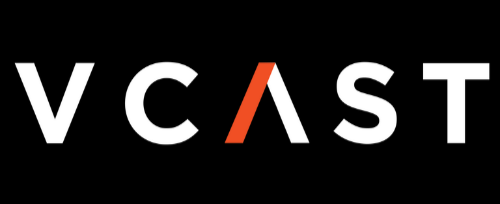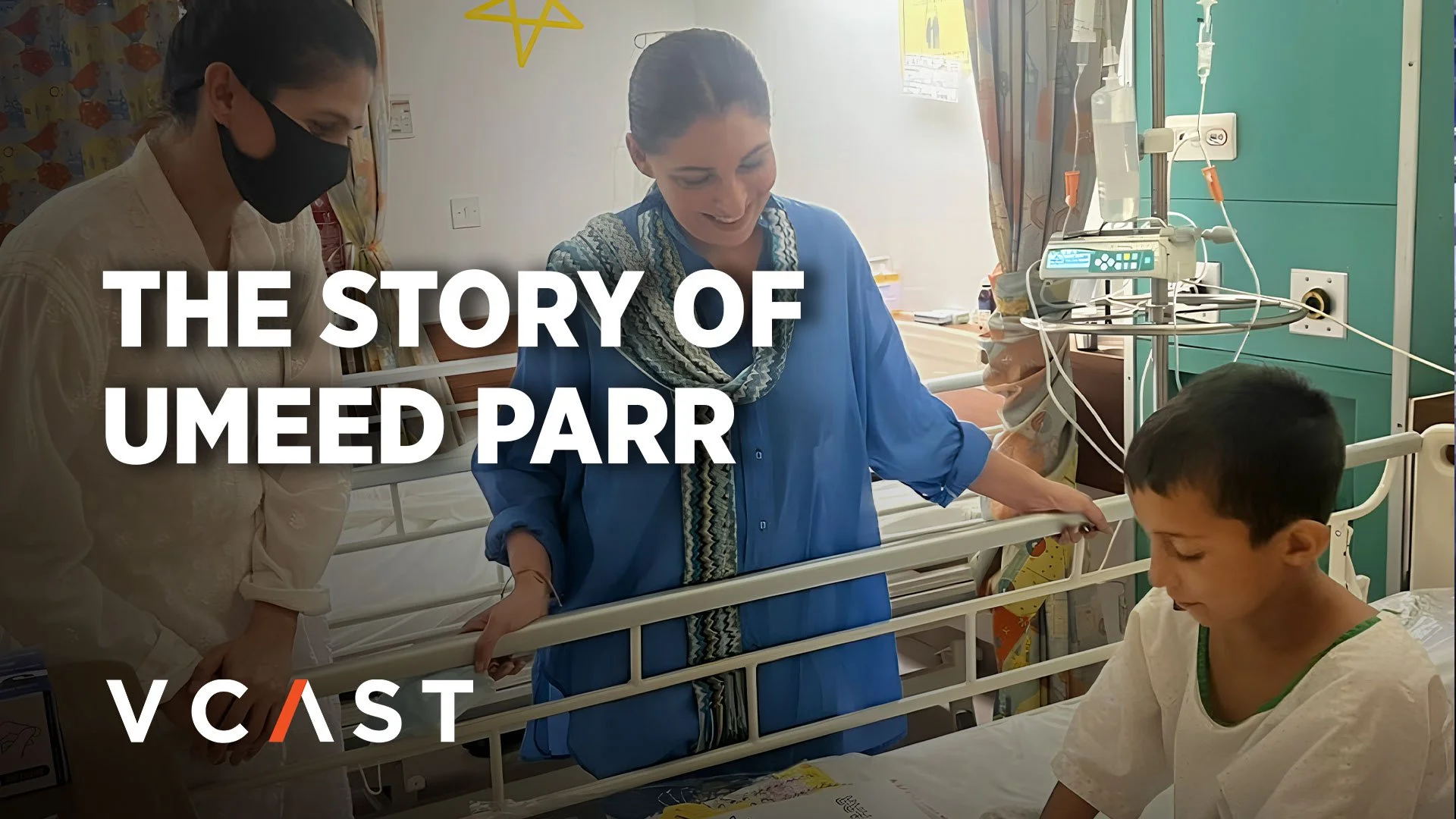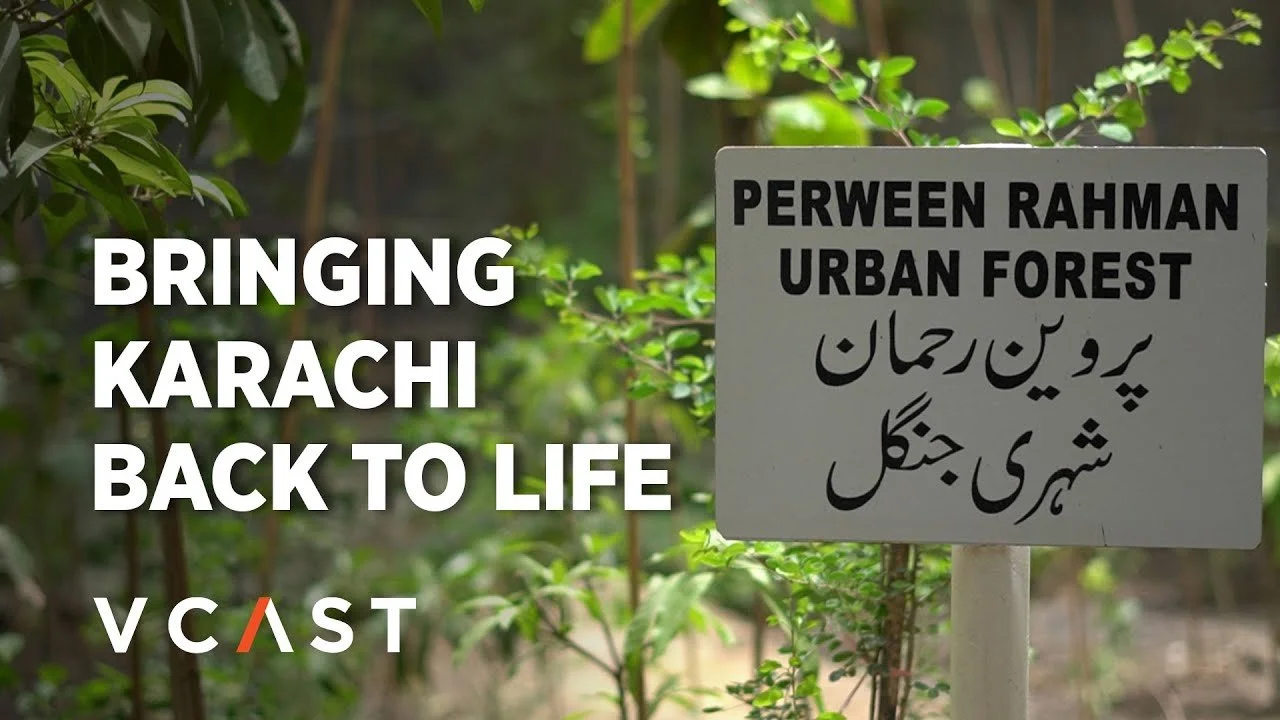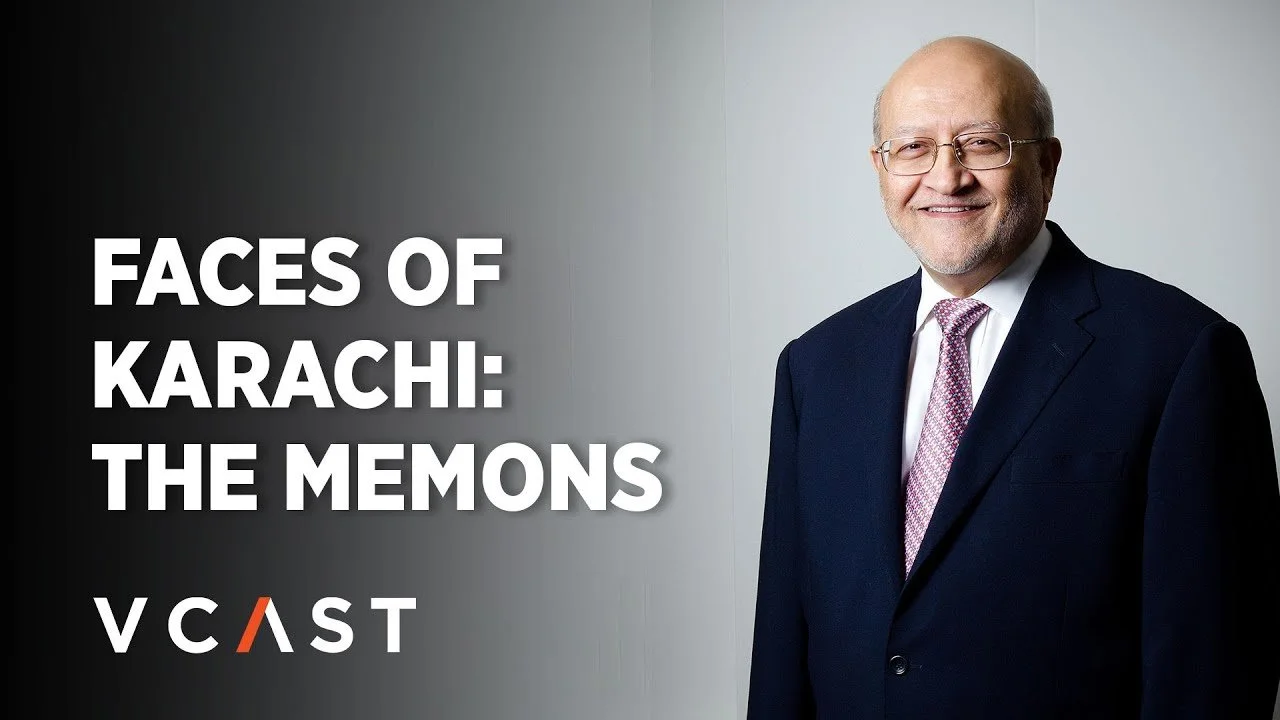A Passion to Serve - The Story of Dr. Bari and The Indus Hospital
“Dreams are not what you see while sleeping. Dreams are what keep you awake at night,” says Dr. Abdul Bari Khan, a cardiac surgeon whose pursuit to create a free healthcare system has reshaped healthcare in Pakistan. What began in the 1980s as a student-led effort at Karachi’s Civil Hospital has grown into Indus Health Network — a nationwide model of free, high-quality care.
In the 80s, Dr. Bari and his peers witnessed families forced to sell their livestock — even their homes — to afford medical treatment. The experience cemented his belief that no one should have to choose between survival and financial ruin. Pakistan’s hospitals were then dependent on professional blood donors — often addicts selling blood twice a week, spreading hepatitis, HIV, and malaria. In response, Dr. Bari and his fellow students running the Patients’ Welfare Association at Dow Medical College established the first volunteer-led blood bank, a student-led system that continues to supply hundreds of safe units daily.
Crisis shaped the movement further. After a deadly 1986 bombing in Karachi’s Bohri Bazaar, Dr. Bari treated victims on the floor of Civil Hospital’s overcrowded emergency ward. The tragedy spurred him and his colleagues to raise 3.6 million rupees to rebuild the facility. Two-thirds of that money — 2.4 million rupees in sacks of coins — came from schoolchildren collecting under the slogan “My City Needs Me.”
Years later, after returning from a surgical fellowship, Dr. Bari and colleagues raised nearly 90 million rupees to establish a cardiac surgery department at Civil Hospital, where the first open-heart surgery was performed in 2000. But the larger dream was clear: to build an institution offering advanced care, free of charge and free of bureaucracy.
In 2007, that vision became reality with the launch of Indus Hospital — a paperless, cashless, 150-bed facility in Karachi’s Korangi district, donated by the Islamic Mission Trust. Funded entirely by donations, it presented a radical alternative to both public hospitals and profit-driven private institutions. Its first budget was 240 million rupees (about $4 million). One donor immediately pledged $1 million and promised he would always be just a call away. But Dr. Bari has never had to make that call.
“When we started, 99.9% of people said it wouldn’t run as a free hospital… Today, it has been 12 years, and no patient has been refused because of money.”
The model has since scaled dramatically. In its first year, Indus spent 10 million rupees. In 2018-19, its operational budget was 15 billion rupees ($130 million). The network has expanded into 12 hospitals, with 8 more managed under public-private partnerships. It runs clinics, rehabilitation centers, and outreach programs that deliver care to millions at no cost to the patient.
In one case, a child received a pioneering heart valve procedure worth 3.5 million rupees — entirely free. For Dr. Bari, the true reward was not in the cost saved but in the relief of families, like the mother whose expression of gratitude, he says, was worth more than billions.
At the same time, Dr. Bari sheds light on a national crisis. Pakistan has one of the world’s highest maternal mortality, infant morality, and stunted growth rates. It also faces an extremely high shortage of medical staff, with an estimated gap of 1.7 million nurses. He points out, “hospitals can only run if there are nurses” — without them, even the best-built systems collapse. He is himself a member of the Prime Minister’s National Health Task Force working to address this gap, and he emphasizes the need for cross-sectoral collaboration to improve healthcare in Pakistan.
Speaking to the future of the Indus Health Network, Dr. Bari feels hopeful, because it is built in a sustainable way. Funding comes from zakat, real estate trusts, business endowments, and legacy donations. Supporters have offered everything from property to corporate shares, ensuring the institution outlives any one individual. As he explains:
“Many institutions here failed because they were personality-based. From the first day, we made a deliberate effort that this should not be linked to a personality. Indus Hospital is with the Indus Hospital brand, which has a governance structure.”
What lessons can other non-profits learn from The Indus Hospital to become sustainable and scalable? Let us know in the comments!
This article was developed with the assistance of AI tools.




